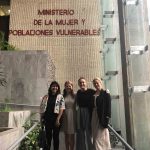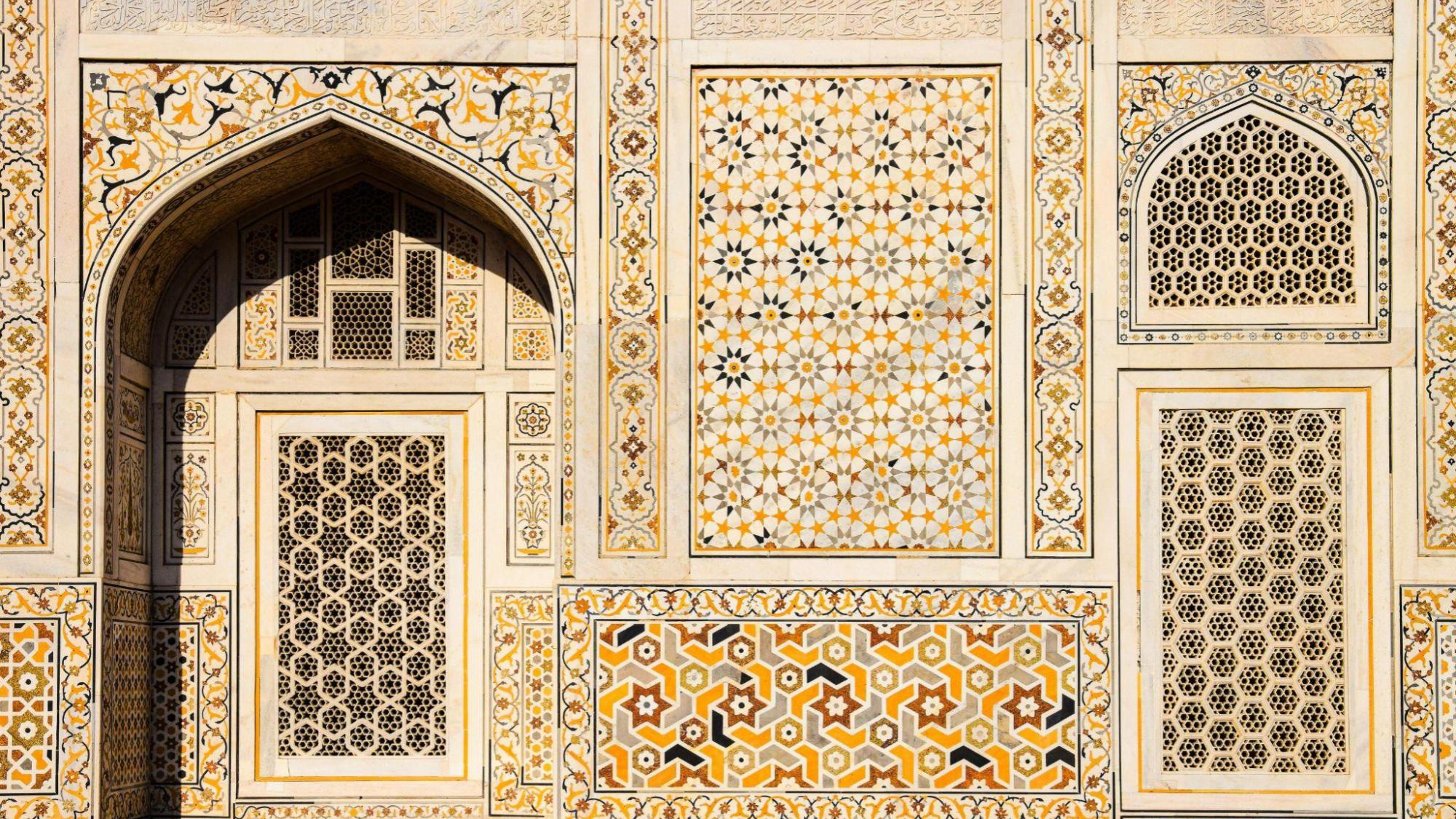The fieldwork component for the 2019-2020 Global Policy Projects has now been completed by seven UBC Master of Public Policy and Global Affairs (MPPGA) student teams who worked with clients organizations on a policy problem in ten different countries throughout December 2019.
Find below a reflection from students whose project focused on natural resource management, conflicts and property rights in Lima, Peru.
Project Client: National Water Authority
Team Members: Emily Enright | Guilherme Rosales | Heather Park | Eliza Bethune
The MPPGA Peru GP2 team had the opportunity to engage with a variety of national government officials such as representatives from the Ministry of Women and Vulnerable Populations, the Ministry of Agriculture and Irrigation, and the Ombudsperson’s Office. They interviewed non-governmental organizations like Forest Trends, who implement privately funded natural infrastructure projects. Interviews with these stakeholders informed the team’s research on gender inequity in access to water in the agricultural sector.
The team learned how land tenure rights often creates challenges for women in accessing water, and how natural infrastructure projects such as multiple-use irrigation systems often exacerbate gender gaps as a result of decision-making structures. They also identified deeply embedded cultural norms about gender roles.
The team will continue to research how water-related conflicts over water quality and access are resolved, as well as educational initiatives at various government levels that are beginning to try and challenge how men and women conceptualize “gender”. An upcoming field trip to a Water Basin Resource Council in Arequipa presents an exciting opportunity for the team to be exposed to a different regional perspective on water management challenges, helping to account for geographical and cultural diversity throughout Peru in their research.
“It has been interesting to learn how complicated it is to address gender gaps in water management, especially because of how cross-cutting the theme of gender is across sectors. Each ministry is responsible for the nationally-mandated implementation of the “gender approach”, resulting in a diversity of interpretations. Thus, the gender approaches of different ministries can conflict with one another, especially where there is intersection between the ministries on projects, such as water management in agriculture.” Heather Park








